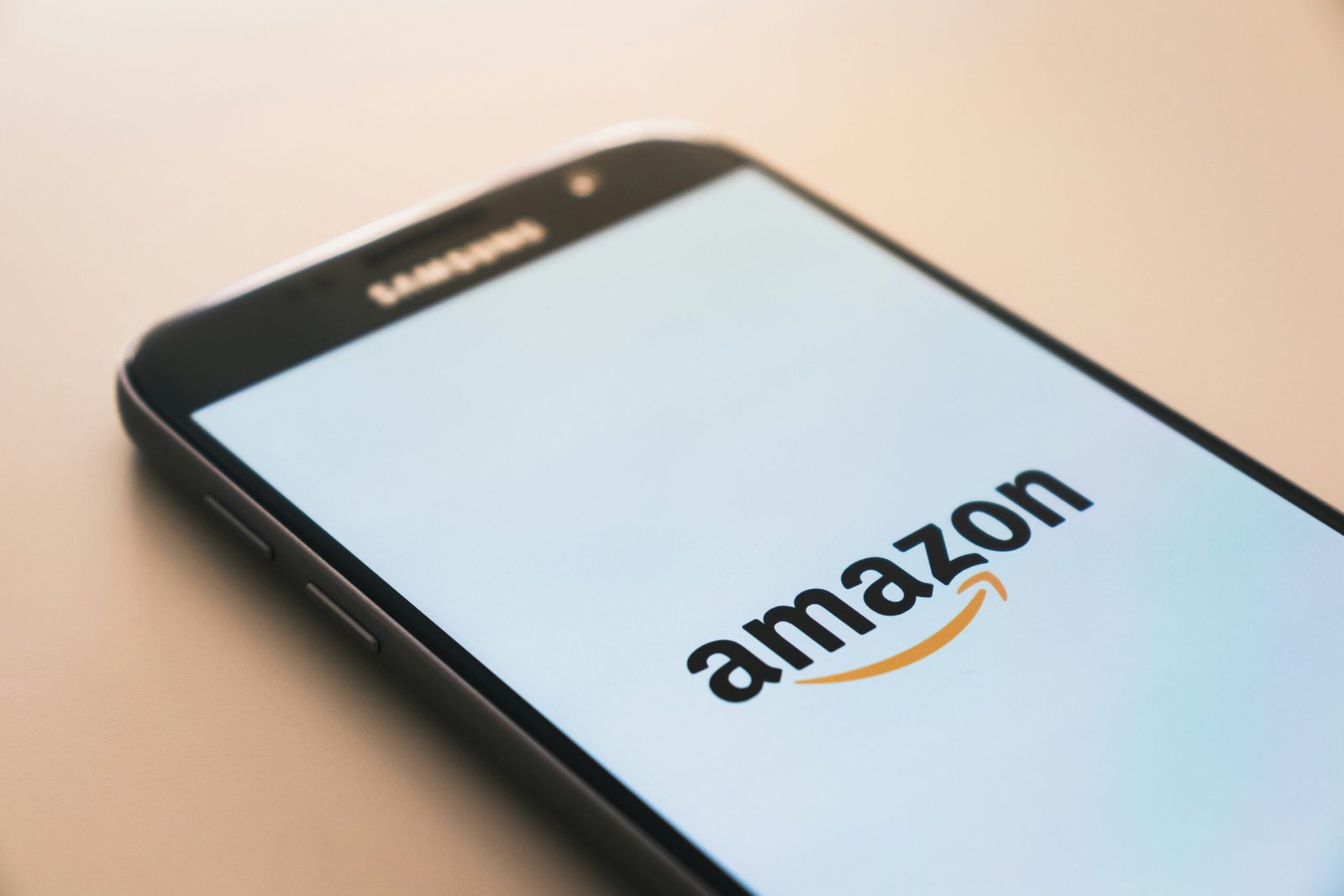The Impact of Amazon on Small Businesses
Amazon, the e-commerce giant, has undoubtedly transformed the way we shop. With its vast product selection, competitive prices, and convenient delivery options, it has become the go-to destination for many consumers. However, behind the convenience lies a darker reality – the devastating impact Amazon has on small businesses.
1. The Rise of the E-Commerce Behemoth
Amazon’s rise to dominance has been nothing short of meteoric. It started as an online bookstore and quickly expanded its offerings to include almost anything one could imagine. This rapid expansion has left many small businesses struggling to compete. With Amazon’s massive resources and ability to offer lower prices, it’s no wonder that many consumers choose the convenience of shopping on their platform.
2. The Destruction of Small Businesses
Small businesses, once the backbone of local economies, are now facing an existential threat from Amazon. Brick-and-mortar stores, from mom-and-pop shops to independent bookstores, have been hit the hardest. Unable to match Amazon’s prices and convenience, many of these businesses have been forced to close their doors, leaving behind empty storefronts and jobless employees.
The impact is not just limited to retail. Even small-scale manufacturers and artisans have been affected. With Amazon’s massive distribution network, it’s difficult for these businesses to compete on a global scale. The result is a loss of diversity and uniqueness in the marketplace, as more and more products become commoditized.
3. Visualizing the Aftermath
Now, let’s imagine a world where Amazon suddenly closes its doors. At first, there may be a sense of panic and uncertainty. But as the dust settles, we start to see a remarkable transformation.
Local businesses, once overshadowed by Amazon, begin to thrive again. People rediscover the joy of browsing through a neighborhood bookstore, chatting with knowledgeable staff, and supporting their community. Main streets come alive with bustling shops and vibrant cafes, creating a sense of place and belonging.
With the closure of Amazon, thousands of people who were once employed by the e-commerce giant are now back in the general workforce. They bring with them a wealth of experience and skills, which can be harnessed by small businesses. This influx of talent injects new life into the economy, creating more job opportunities and driving innovation.
Furthermore, businesses themselves benefit from the closure of Amazon. With less competition from the online giant, they can reclaim their customer base and rebuild their profitability. Local businesses have the opportunity to differentiate themselves by offering personalized service, unique products, and a sense of community that Amazon simply cannot replicate.
It’s important to note that this visualization is not meant to suggest that Amazon should disappear overnight. Instead, it serves as a reminder of the value that small businesses bring to our communities and the need to support them.
While Amazon has undoubtedly revolutionized the way we shop, its impact on small businesses cannot be ignored. The closure of countless local establishments and the loss of jobs are just some of the consequences of Amazon’s dominance.
However, it’s essential to remember that we have the power to shape our economy. By consciously choosing to support small businesses, we can create a more diverse and resilient marketplace. Let’s not allow the convenience of one-click shopping to come at the expense of our local communities.









More Stories
POSSIBLE REASONS WHY YOUR HUSBAND DONT WANT TO HAVE SEX WITH YOU.
David Shands Illuminates Cleveland with a Trailblazing Entrepreneurial Event
#TheLayUp Check the spread!